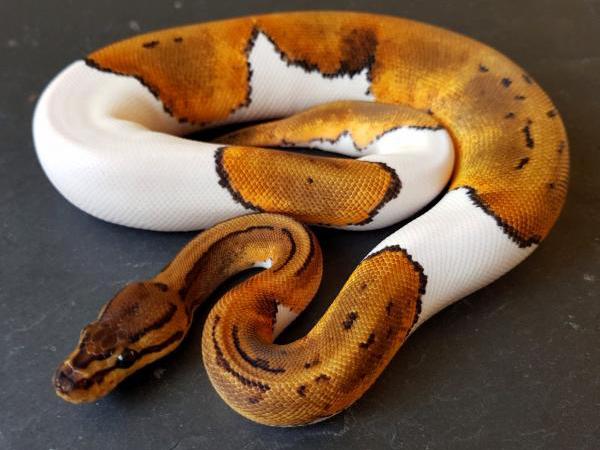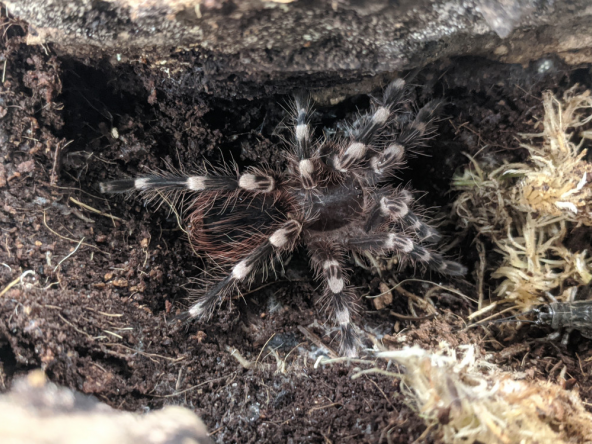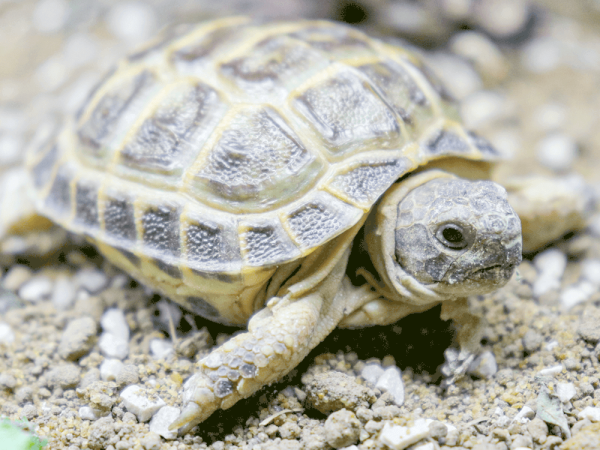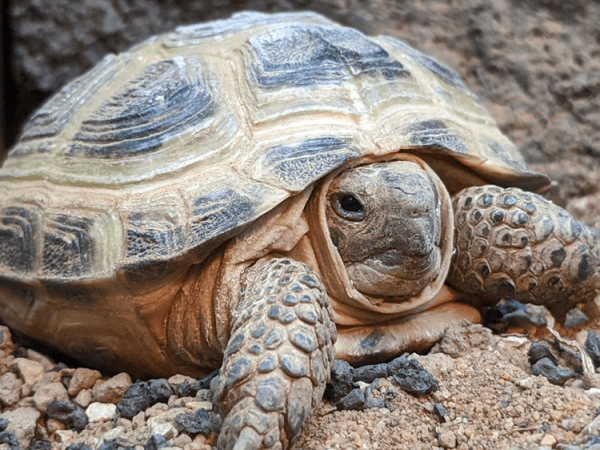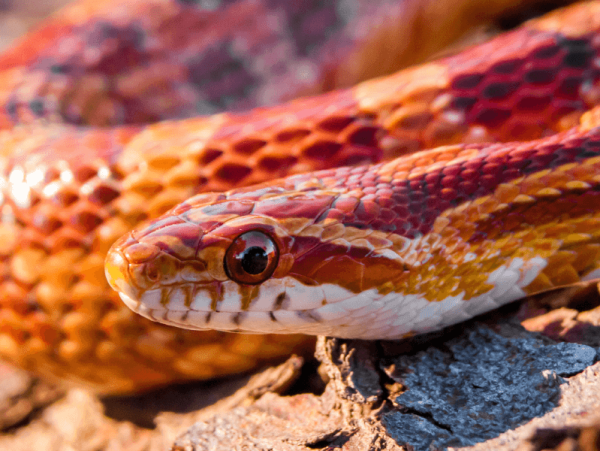How long can a snake live with a respiratory tract infection?
Often simply called an RTI, snakes, in particular, are prone to problems called Respiratory Tract Infections, where they are unable to breathe properly due to a bacterial or fungal infection in their lung or lungs. Of course, this can be painful for your snake, and for obvious reasons, fatal if left unchecked for long enough.
But don't worry, by reading this simple blog, you could be saving your snake's life!
How to spot a potential Respiratory Tract Infection in your snake
As with everything medical, a diagnosis is the first step towards a cure, and being able to spot the symptoms early could just be the thing that saves your snake. Bacterial respiratory infections, in particular, generate a lot of mucus, blocking your snake from absorbing oxygen into their system, and so lookout for the following signs:
In the early stages, your snake might well appear to be restless, moving around a lot more than usual, struggling for air and a way to get comfortable. They will often have a big loss in appetite and may have begun to lose weight. As the infection progresses, you might find they are developing human-like symptoms of respiratory failure breathing through an open mouth, wheezing, and their body might be swollen in places due to the infection. Finally, an obvious sign is the mucus itself, which may be around the mouth and may have caused the fork in their tongue to clog up and close together.
If you notice these symptoms, you know what to do: Get to a specialist exotic vets as soon as possible.
What your reptile should likely receive is systemic antibiotic therapy to kill the bacteria that is causing the problem (or a different medicine if it turns out to be a fungal cause). They are likely to need a specific diet to get them back to full strength again during recover.
Prevention of RTIs in snakes
Fortunately, a lot of the causes of RTIs in snakes can be avoided by getting your reptile husbandry correct from the beginning. Like most animals, if they are not kept in the right environment, it can cause stress which is practically guaranteed to lower your snake's immune system, making them dangerously susceptible to bacterial and fungal infections that would otherwise be fought off with ease!
Firstly, most snakes require hotter temperatures than the UK's climate is willing to consistently provide, it gets pretty cold here, so make sure you have adequate reptile heating equipment in your snake's habitat to make it warm enough for your pet to thermoregulate, and check it with a purpose built thermometer.
But of course, at night temperatures drop too, and creating a natural day/night temperature and light cycle can help your reptile feel more at home too, causing less stress and allowing the maintenance of a good immune system. You can achieve this by either manually changing your temperature settings each morning and evening, or automating your system with a Night/Day thermostat.
Use a hydrometer to ensure you have the right humidity for your snake too. Too wet, and the surplice moisture in the air can make matters even worse.
Lastly, like any animal, cleanliness and hygiene is important. Ensure that your clean your snake's habitat regularly with a purpose-built disinfectant, and spot clean your substrate regularly between changes to avoid bacteria forming on your snake's waste.
If you still want to know more about your snake's species-specific husbandry, use your veterinary appointment as a chance to pick your vet's brains on the matter, and consider an informative book on the subject to get things just right, leaving you with a happy, healthy snake.
You can also learn more about snake care in our blog, try our Royal python care sheet or Western hognose snake care sheet to get started.
While you're thinking about your snake, why not stock up on frozen food?




